| ▲ 범정부 차원의 미세먼지 계절관리제 시행에 따라, 전북 군산해경이 선박에서 배출되는 미세먼지 저감을 위해 오는 3월 31일까지 선박 연료유 황 함유량 특별 단속을 실시한다. / 자료제공 = 군산해양경찰서 © 김현종 기자 |
|
해경이 범정부 차원의 미세먼지 계절관리제 시행에 따라 선박에서 배출되는 미세먼지 저감을 위해 오는 3월 31일까지 선박 연료유 황 함유량 특별 단속을 실시한다.
8일 전북 군산해양경찰서는 모든 선박의 연료유 수급 내역과 시료를 채취해 분석하는 방식으로 선박용 연료유의 황(黃 = S) 함유량 기준 준수 여부에 돋보기를 들이댄다.
선박 연료유는 보통 경유와 중질유(벙커 = bunker)가 사용되며 지난해 개정된 해양환경관리법 시행에 따라, 국제 항해 선박의 경우 유종에 관계없이 0.5% 이하의 연료만 사용하도록 기준 강화에 이어 올해부터 국내 항해 선박에 확대 적용된다.
국내를 항해하는 선박의 경유는 기존과 동일하게 0.05% 이하ㆍ중질유는 2.0~3.5%로 차등 적용되던 기준이 0.5% 이하로 일괄 강화된다.
특히, 2021년 선박 검사일부터 적용되며 올해 검사를 받지 않는 선박은 오는 12월 31일부터 같은 기준을 따라야 한다.
인천ㆍ부산ㆍ울산ㆍ여수ㆍ광양ㆍ평택ㆍ당진항 등의 항만은 지역 대기질 개선에 관한 특별법에 따라, 황산화물 배출규제해역으로 지정돼 이 지역에서 선박이 정박 또는 계류할 때는 경유 0.05%ㆍ중질유 0.1% 이하의 연료유를 사용해야 한다.
박상식(총경) 군산해양경찰서장은 "사회적 재난 관리 대상에 해당되는 미세먼지는 정책적 노력뿐만 아니라 시민들의 공감대 형성 및 자발적 동참이 매우 중요하다"며 "선박 운항자의 경각심을 높이는 동시에 깨끗한 환경ㆍ해양오염 없는 깨끗한 바다를 국민과 함께 만들어나가는데 최선을 다하겠다"고 말했다.
한편, 황 함유량을 초과한 연료유를 사용할 경우 관련법에 따라 1년 이하의 징역 또는 1,000만원 이하의 벌금에 처해진다.
☞ 아래는 위 기사를 구글 번역이 번역한 영문의 '전문'이다.
【Below is the 'full text' of an English article translated from the above article with Google Translate.】
Gunsan Coast Guard, special crackdown on 'sulfur content' of ship fuel oil
Reinforcement of standards for inland vessels… Less than 0.05% diesel and 0.5% heavy oil
Reporter Kim Hyun-jong
The Coast Guard will conduct a special crackdown on the sulfur content of ship fuel oil by March 31 to reduce fine dust emitted from ships in accordance with the enforcement of the government-wide seasonal fine dust management system.
On the 8th, the Gunsan Maritime Police Station in Jeonbuk puts a magnifying glass on whether the ship's fuel oil contains sulfur (yellow = S) by collecting and analyzing the fuel oil supply and demand details and samples.
Ship fuel oil is usually diesel and heavy oil (bunker = bunker), and in accordance with the enforcement of the Marine Environment Management Act revised last year, international sailing vessels have strengthened the standard to use only 0.5% or less of fuel regardless of oil type. It is widely applied to sailing vessels.
For ships sailing domestically, the standard for diesel is less than 0.05% and 2.0~3.5% for heavy oil and less than 0.5% for heavy oil.
In particular, it will be applied from the ship inspection date in 2021, and ships that do not undergo inspection this year must follow the same standards from December 31st.
Ports such as Incheon, Busan, Ulsan, Yeosu, Gwangyang, Pyeongtaek, and Dangjin are designated as sulfur oxide emission control zones in accordance with the Special Act on Regional Air Quality Improvement. Less than 0.1% fuel oil should be used.
"The fine dust, which is the subject of social disaster management, is very important not only for policy efforts, but also for the formation of consensus and voluntary participation of citizens." "I will do my best to create a clean sea with the people."
On the other hand, if fuel oil exceeding the sulfur content is used, it is subject to imprisonment for up to one year or a fine of up to 10 million won in accordance with the relevant laws.















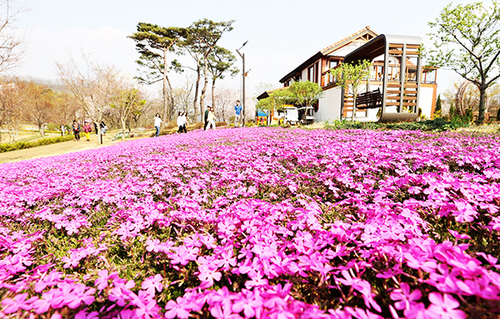
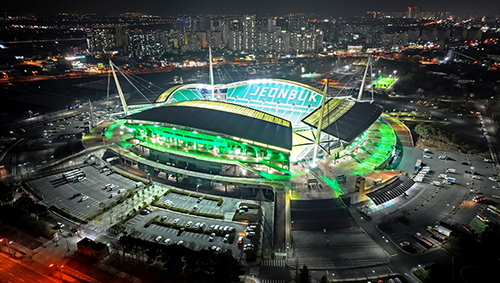
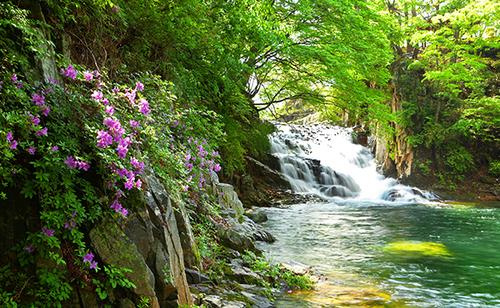

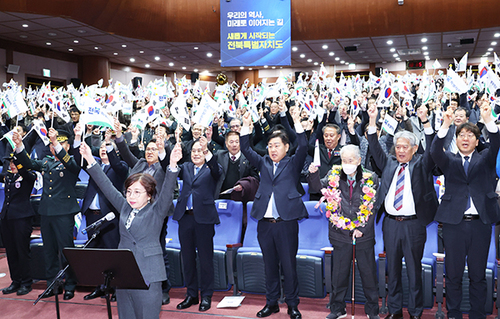
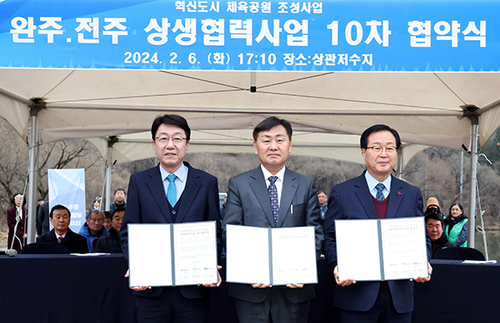
 많이 본 뉴스
많이 본 뉴스











